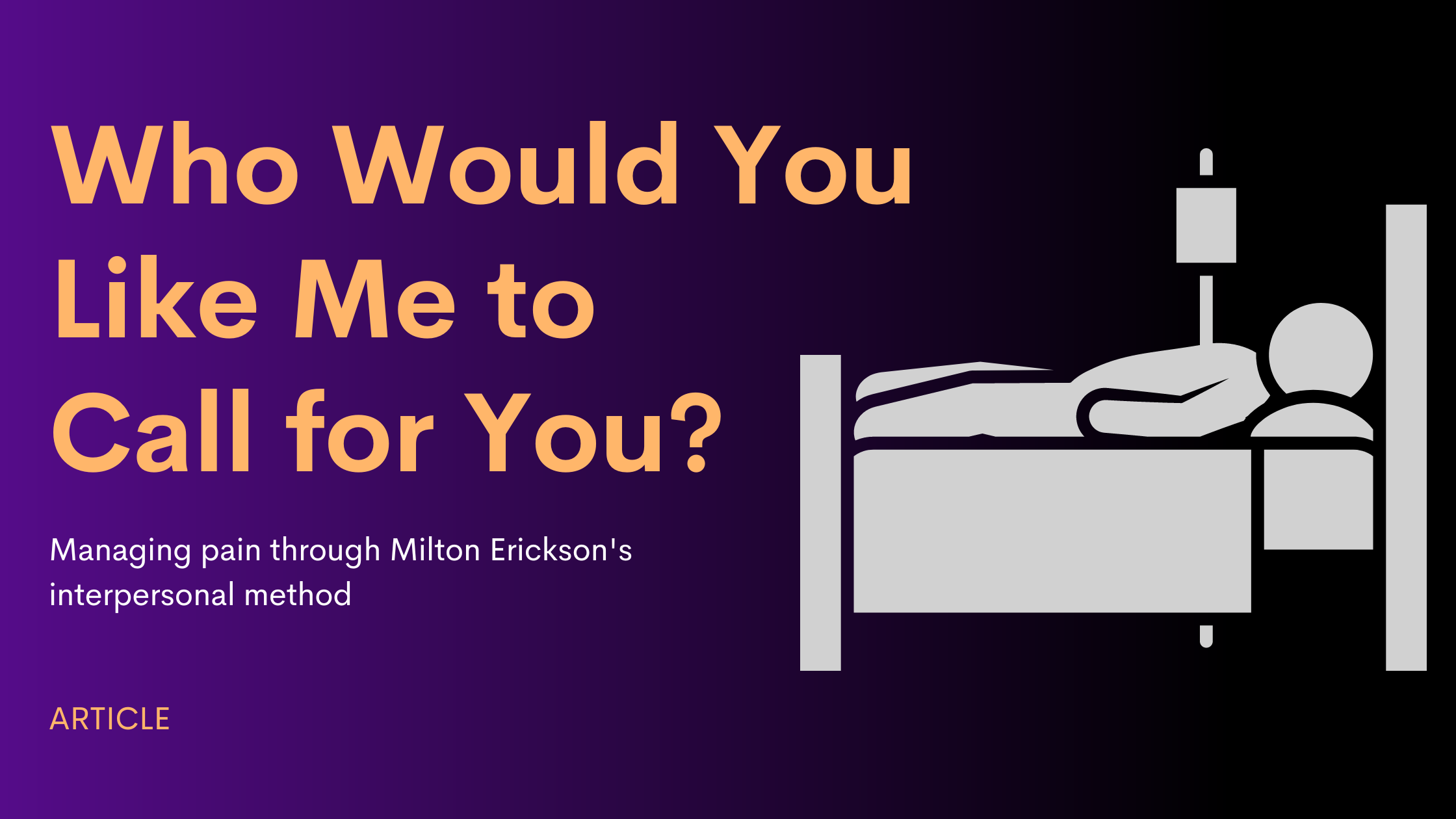Who Would You Like Me to Call for You?
By Suzanna A. Black, PsyD
Estimated Reading Time: 4 minutes, 40 seconds
Recently, I began experiencing stabbing ear pain, shortness of breath, a dry cough, unremitting headaches, and signs of high blood pressure. The online doctor told me I needed to go to the ER right away.
At the ER, tears welled in my eyes and I was anxious. I had taken a COVID-19 nasal swab test and spent six hours in the ER waiting and wondering. I tried to reach a calm state, but I was scared.
I spent hours talking with physicians, nurses, and other ER staff about their experiences working on the frontlines, all the while being attended to with great care. I was curious to know about how these people survived hour to hour, day to day. I was deeply moved by their dedication and depth of compassion. As a clinical psychologist, I tried to distract myself from my own fear by directing all my attention to them. I was viscerally struck by the level of trauma they live with every day; some recounted their struggles with anxiety, fear, sadness, numbness, and nightmares. What a huge burden they have, knowing they may be the last point of contact in their patient’s life. Their hand may be the last hand the patient will ever touch, and they will be the last person that patient will ever see.
“Who would you like me to call for you?” they may ask before intubating a patient. They described to me the look of terror in the eyes of their patients. They said they remember all the eyes, the gazes, and the sense memories of being touched, even grabbed at, a hand squeezed in sudden fear, the requests for reassurance of survival.
One nurse told me she makes sure she tells her patients that they are loved and, she says, “We are all here with you. You are not alone.” She grabbed my arm tearfully, saying: “I don’t know how I do this every day – but I do, and I don’t know what to do with everything inside of me. I go home and being home alone is scarier than being here because I’m alone with all the thoughts and images. What do I do with them? I can’t get away from them. These images, emotions, and memories remain in us forever.”
I became known as “The Psychologist in Room 52 North” and people would peek in to say hello and tell me how they felt: “Excuse me, I’m not working with you, but can I come in to say ‘hi’?” We would talk for a minute and they would quickly slip away past the curtain and glass sliding door, back to their patients. I was able to find strength and calm during a time of abrupt and unexpected uncertainty by relating with the medical staff, sharing their heavy emotions, and disturbing thoughts.
I thought last night of a woman whose hand I held when I worked in an ER. She was in her last moments of life. I cried…I hadn’t thought of her in many years. She remains alive within me. Her hospital ID bracelet read, “26-year-old female.” The hospital staff at the ER said that they remember everyone in their care — all the emotions, voices, and felt sensations of their patients. They said they are shocked at how people “out there” behave as if the pandemic were over, and they are all dreading the next surge of infection.
These frontline medical personnel are angels in disguise. We must all value each other’s lives as we value our own.
I know that Dr. Erickson managed his pain through interpersonal engagement. It is what enabled me to show clear thinking, calm, and compassion in the face of great uncertainty, feeling helpless at the mercy of medical staff, frightened, and in pain.
I welcomed the staff dropping in to talk with me because I was in a grounding role offering help — a patient, kind audience to their distress. I responded to questions of how to manage their pain — much of which could not be spoken about. I would ask where in their body they felt stress and then asked them to describe their sense memories of ailing and dying patients. And in doing all this with the ER personnel, my anxiety disappeared. Even though I was in a hospital gown with an N95 mask on and my mother’s light pink sunglasses, feeling just abysmal, I straighten my back and become the healer that I can be.
When I was released from the ER, I had another three days to wait for the test results. But I felt relieved to be back home, even though that poignant experience at the ER stayed with me. As it turned out, I tested negative for COVID-19, but the experience I had in the ER was indelible.
Commentary
By Eric Greenleaf, Ph.D.
“Competence is the best defense against the helplessness of trauma.” – Bessel van der Kolk, MD
Suzanne A. Black, PsyD, is a highly experienced Erickson-influenced therapist working in emergency situations and in private practice. In uncertainty, trauma, and fear, people immediately flee, fight, or freeze. Dr. Black was afraid and uncertain, but she shifted to interacting with the hospital staff, and it was a successful response to trauma. As Dr. Pearson said in his famous essay about being hit by a falling brick, “If only Milton were here. But he isn’t, so I guess I’ll have to do it myself.”
1 Pearson, R.E. (1966). Communication and motivation. The American Journal of Hypnosis: Clinical, Experimental, Theoretical. IX, #1, 18-25.
This excerpt has been extracted from Volume 40, Issue No. 2 of The Milton H. Erickson Foundation Newsletter.
You may like…




